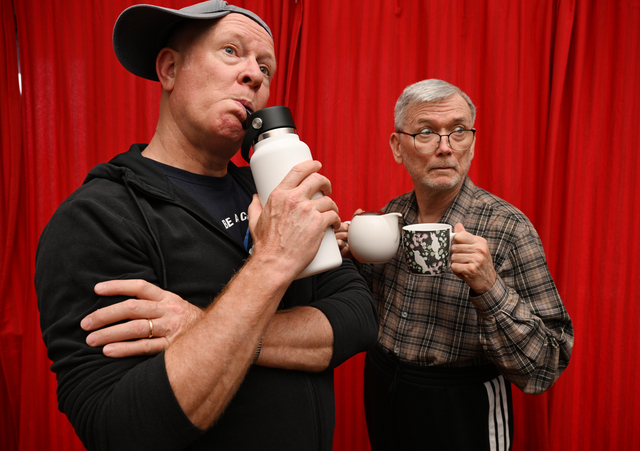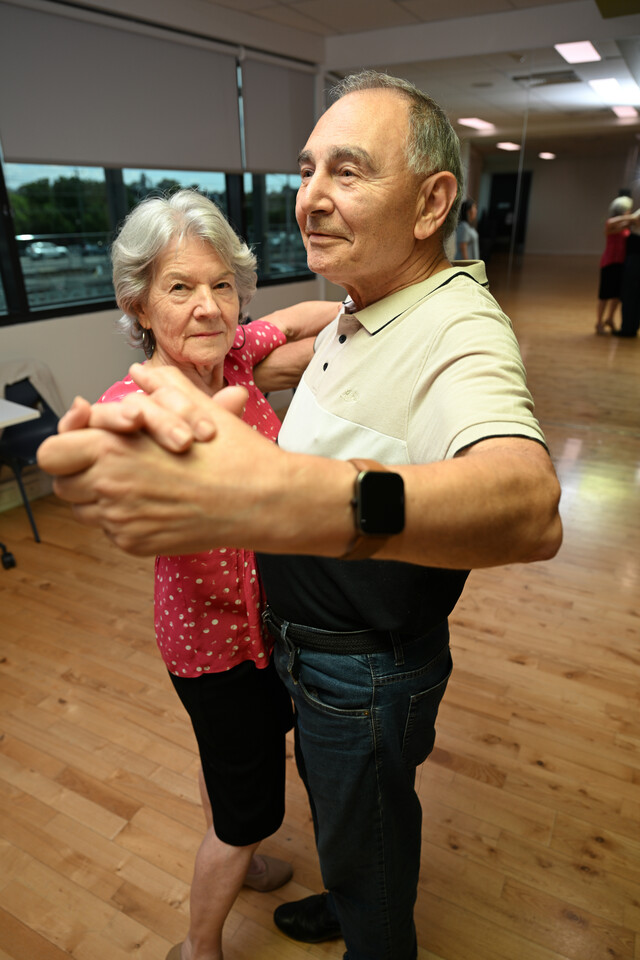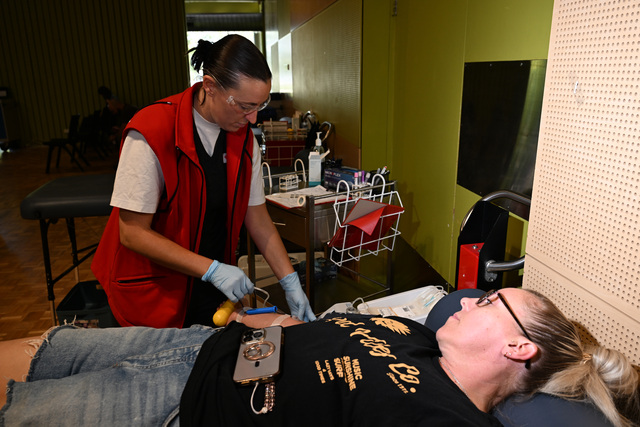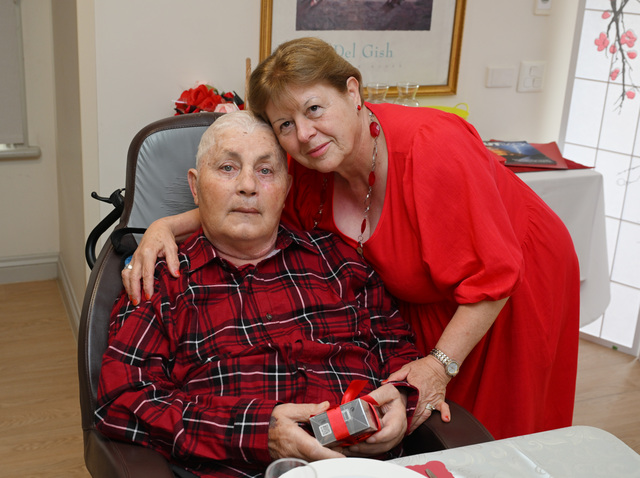Recently I was pinked. While the question may be who, in the month of October, wasn’t, I suddenly found myself the pinkiest pink thing on the receiving end of half a dozen chain emails promoting breast cancer awareness.
I really, really dislike chain emails. They are little improvement on the hard copy kind that used to go round at school and warned you’d sprout hundreds of hairy warts if you “broke the chain” and didn’t pass the letter on to the designated number of recipients. The people who included me in this pyramid of pink were unquestionably well-intentioned, but chain emails about breast cancer strike me as only slightly less sinister.
Our family joined so many others living in “cancer land” when my husband was diagnosed mid-year with leukaemia. Reading this email, I can’t help but wonder at the rationale of anyone who thinks that with one kind of cancer already in the household we’d be interested in more right now.
But against my better judgment, I dutifully forwarded the first email on to 10 friends who I hoped wouldn’t mind too much.
Just why did I do that?
Partly it came back to the hairy warts – that “once hit” I could obviously not consider myself “a pretty lady with a kind, warm and loving heart” if I didn’t comply. Surely it was churlish and curmudgeonly, if not downright selfish and socially irresponsible, not to share such an important message?
And – at the most visceral level – maybe a girl might even jinx herself if she weren’t sportingly pink.
That’s the thing about cancer: you can’t argue with it.
But just because something is done in the name of a good cause doesn’t mean it is in good taste. It seems we have gone from one extreme to the other in responding to the dreadful, insidious disease; from silence to an almost deafening clamour.
The commercialisation of cancer, the proliferation of fund-raising merchandise from pink-iced doughnuts to pink-lidded insect spray has given rise to what has been termed pink-ribbon fatigue.
Dr Karen Brooks – author, columnist, academic and a survivor of bowel cancer – recently questioned how far “pinking” had come from the cause.
“There are now so many products and so many businesses keen to link their brand to the positive connotations and female-centric nature of breast cancer awareness that it borders on being exploitative.
“It exploits people’s hope, relief, guilt and above all fear. Awareness through consumption isn’t limited to October but, like a continuous sale, occurs throughout the year,” Brooks wrote in The Courier-Mail.
Which brings us to Movember – another month, another type of cancer and another brilliant marketing idea by two Melbourne men that has now gone global.
The proliferation of men sporting porn-star moustaches to raise funds for prostate cancer is now a serious business. The 2012 Australian Movember campaign raised $29.1 million, and since its humble beginnings in 2003 it has raised more than $450 million towards men’s health research worldwide.
But the merchandising is still pretty limited.
Unlike pink-washing everything in the name of breast cancer, Movember, like Relay for Life, remains more about physically doing something than consuming.
Because, let’s face it, cancer does quite enough of that!

















